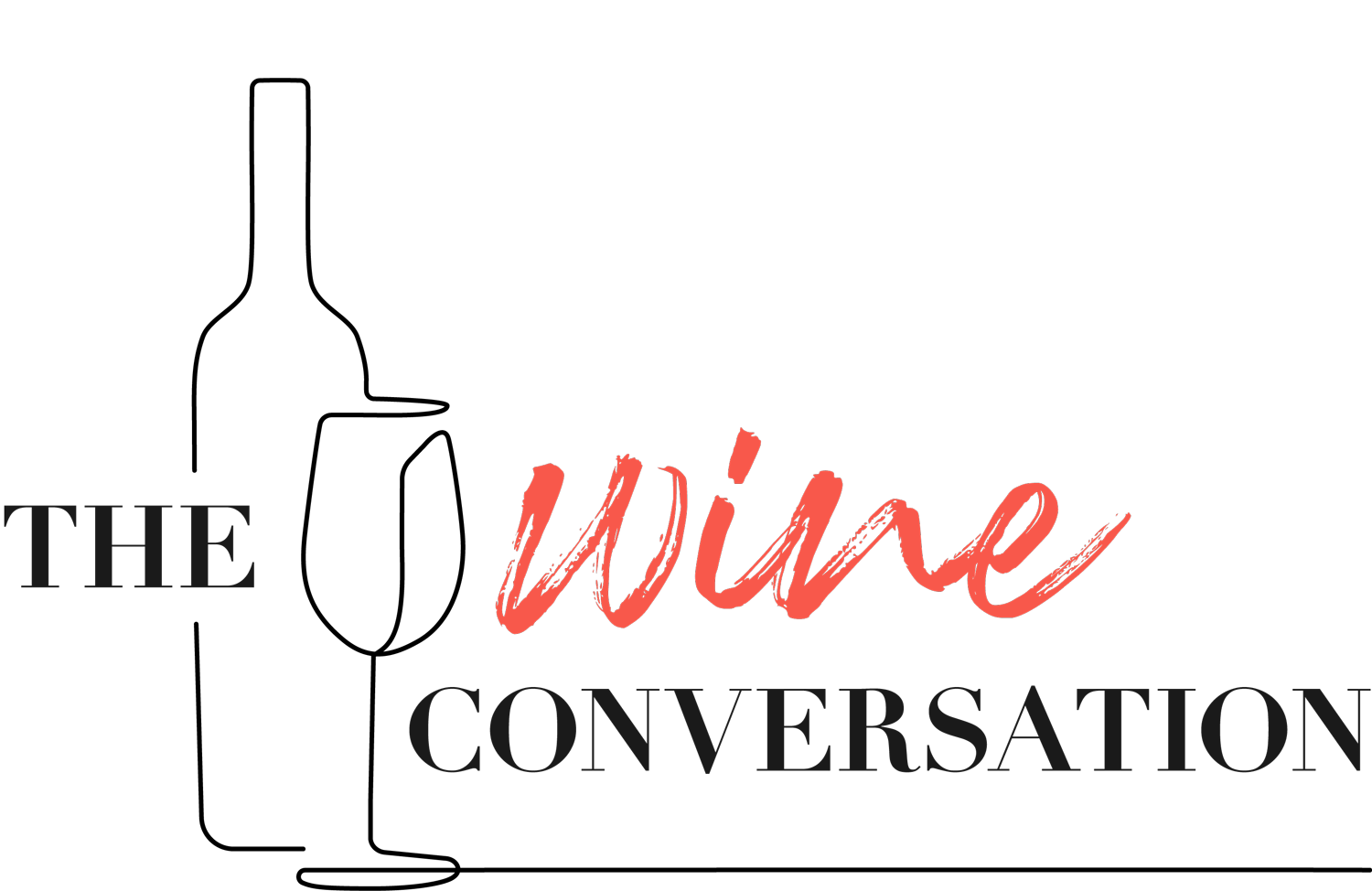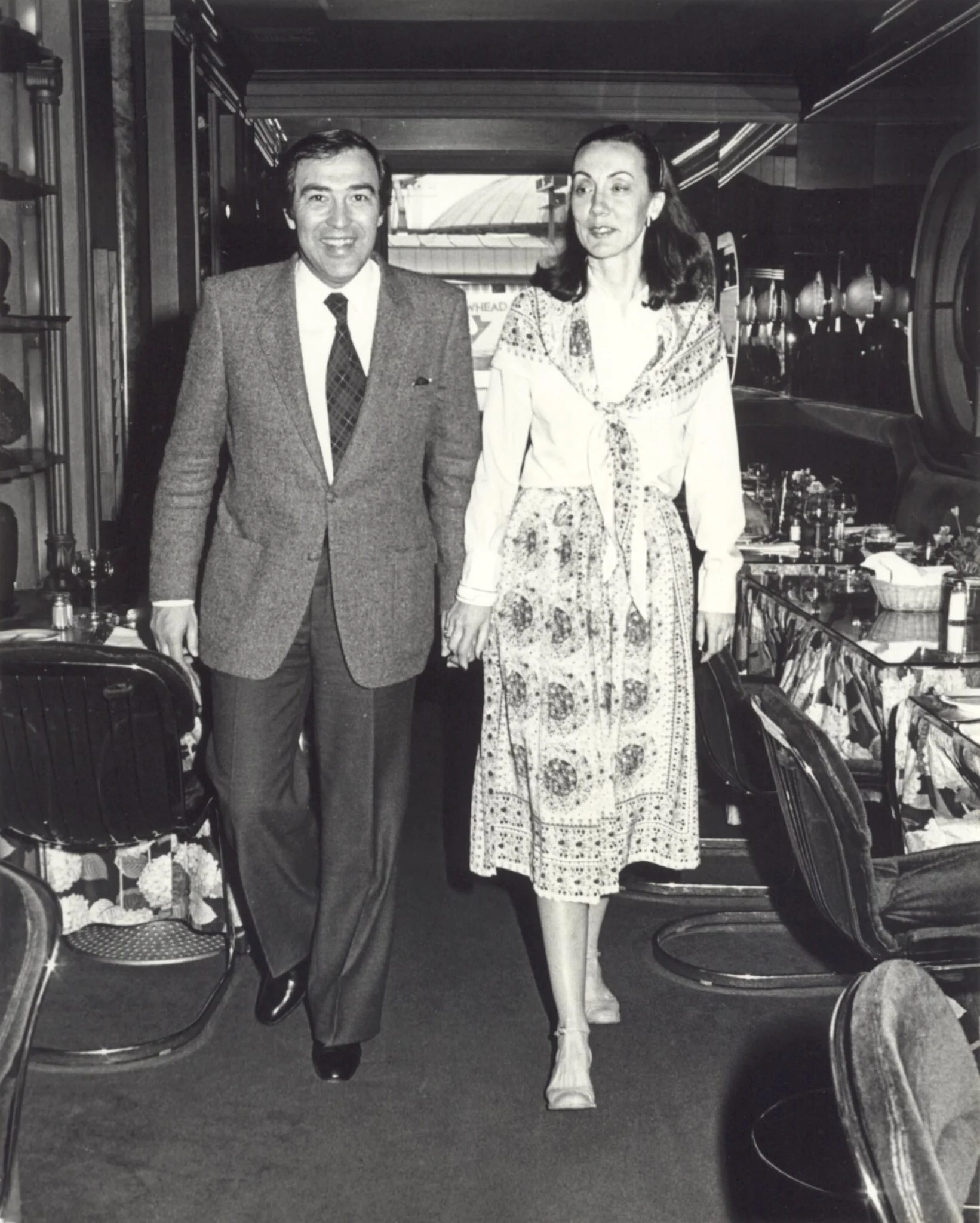▻ Jean-Michel Cazes (Ep. 2)
Episode 2 – 1973 – A New Era for Wine
Episode Summary:-
Jean-Michel tells us how in 1973 he returns to Pauillac with his young family to join his father in running the insurance agency, as well as the family properties of Château Lynch Bages and Les Ormes-de-Pez. His father had suggested selling the châteaux as they had lost money for many years, but Jean-Michel persuaded him to keep them on. It was the start of a new era in Bordeaux.
Here Jean-Michel talks about how Bordeaux’s future changed, with a change in winemaking – the introduction of malolactic fermentation (a process in which the tart-tasting malic acid that is naturally present in grapes, is converted into softer tasting lactic acid). Today the process is standard around the world for most red wines, making them much more approachable, but back in the early 70’s, it wasn’t practised widely. The change coincided with a growth in interest in fine wine and helped accelerate it. Today Bordeaux is in demand in every country in the world, with China and the United States two of its largest markets. But back in the 70’s, it was mainly Britain and some traditional European countries – they didn’t even drink that much Bordeaux in Paris back then.
The human dynamo that is Jean-Michel was instrumental in changing much of that – here he tells us how…
““Our first deal with a Chinese company was a pharmaceutical company in Beijing that bought 80,000 bottles of a simple wine, which they sold in drug stores as a medicine!””
Running Order:-
-
0.00 – 6.00
The start of modern oenology
“So, we had zero money and the obligation of investing in new techniques, new installations--that was a difficult equation.”
Jean-Michel’s return in 1973 coincided with a depressed market due to the world-wide oil price shock. Most of the equipment used in winemaking hadn’t changed from the last century. Producers had no idea what malolactic fermentation was and didn’t have the right equipment. Jean-Michel asks Emile Peynaud, who worked with Jean Ribéreau-Gayon at the University of Bordeaux, to come and help. -
6.07 – 13.24
Emile Peynaud, the man who revolutionised winemaking
“Mr Professor, we have a problem!”
Jean-Michel introduces Emile Peynaud to his cellar-master, Roger Mau, with some trepidation, but Mau says “This man knows what he is talking about”. Jean-Michel talks about how Emile Peynaud and Jean Ribèreau-Gayon had a major impact on improving winemaking. -
13.25 – 23.39
The opening up of the American market
“I think because I was able to speak English, which was not very common at the time among the wine growers.”
The five first growths (Lafite, Latour, Mouton Rothschild, Margaux and Haut Brion) organised a promotional trip to the US every year. One year, Eric de Rothschild of Château Lafite is unable to go at the last minute and Jean-Michel is asked to take his place, and is also allowed to add Lynch Bages to the tour. Jean-Michel talks about the early days in promoting his wine in the US. -
23.40 – 29.59
Flying high in Asia
“And the name of the company is Cathay Pacific. And I said, “What is it?” It’s an airline. I’d never heard of it!”
Jean-Michel’s friend, Jean-Claude Rouzaud, of Champagne Roederer, tells him that a customer who he sells Champagne to is looking to list a wine from Bordeaux. Lynch Bages is served on first class in Cathay Pacific, and he is invited to educate the airline’s staff about wine. -
23.40 – 29.59
How a US TV programme changed wine’s fortune in China
“Our first deal with a Chinese company was a pharmaceutical company in Beijing that bought 80,000 bottles of a simple wine, which they sold in drug stores as a medicine!”
Jean-Michel is taken to mainland China by his friend Johnny Chan, to exhibit at a food fair in Beijing. There is little interest and he sees no future in the sale of red wine in China. A few years later, an American TV programme is broadcast, called “The French Paradox,” which endorsed the benefits of drinking red wine, and he returns to find a new and very large market opening up.
RELATED POSTS
Keep up with our adventures in wine
Further reading:-
The Taste of Wine: Art and Science of Wine Appreciation – Emile Peynaud
Thirsty Dragon, China’s Lust for Bordeaux – Suzanne Mustacich
Further episodes:-
Great Wine Lives | Jean-Michel Cazes
Ep. 1 – The Early Years
Ep. 3 – 1973 – The AXA years – Venturing outside France










As war in the Lebanon yet again fills our news channels Sarah Kemp talks to Marc Hochar of Chateau Musar.